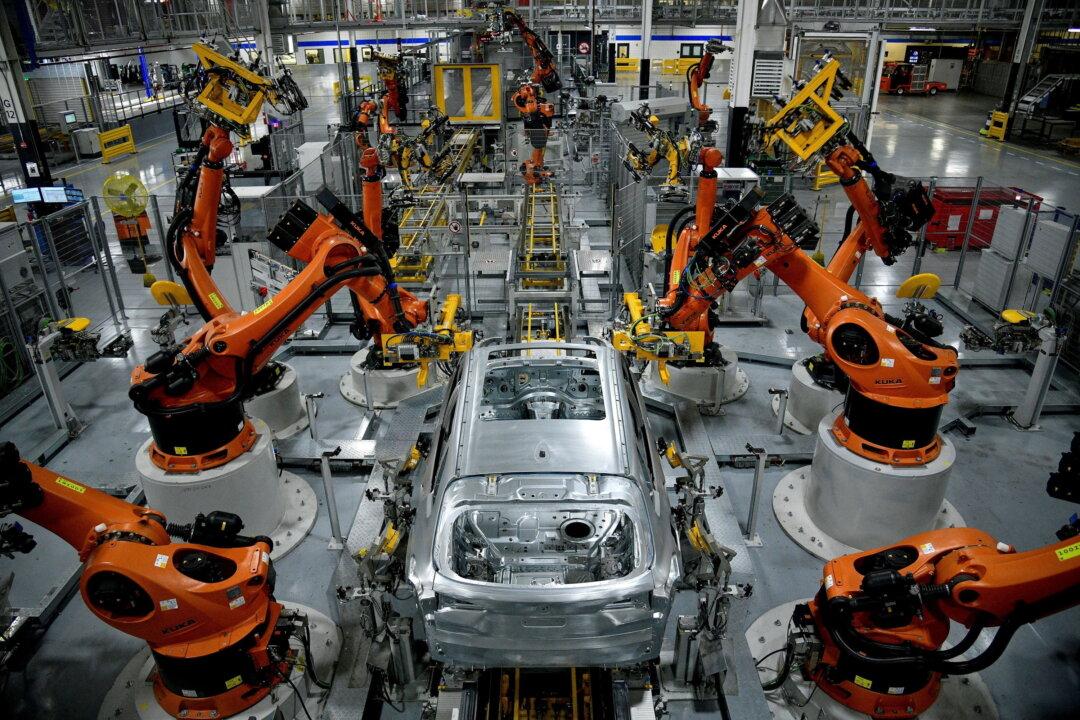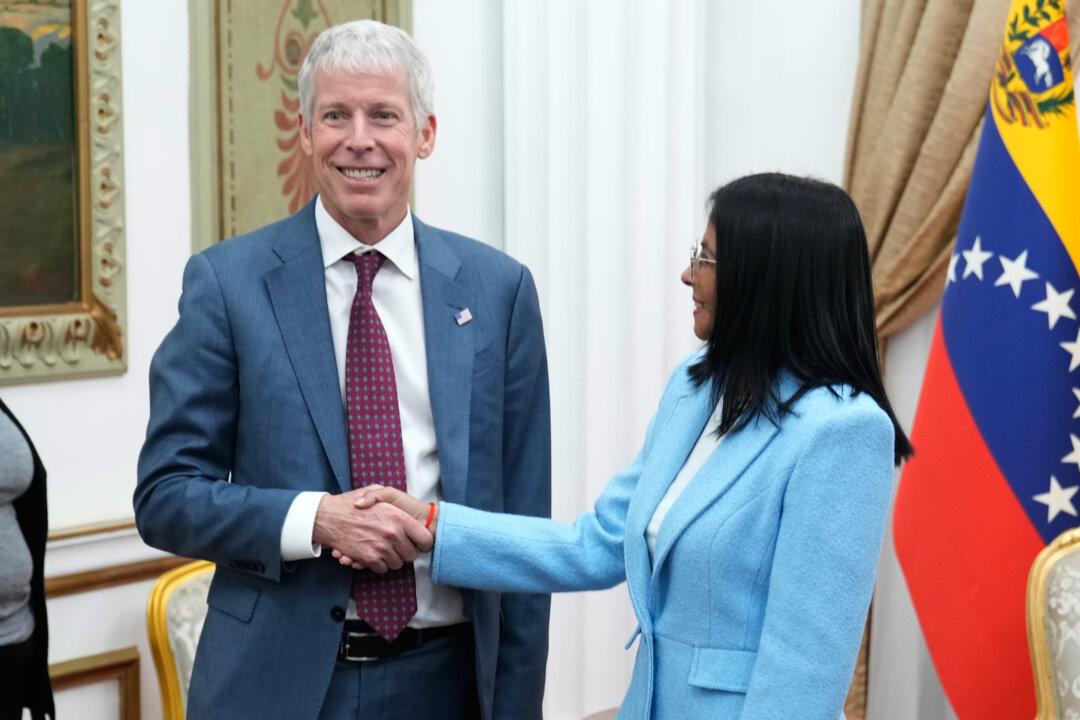The global semiconductor shortage that has plagued the auto industry for around two years might be easing in the short term.
Carmakers like BMW AG, Mercedes Benz AG, and Daimler Truck Holding AG, who have experienced production outages for several months in recent times, are now getting enough semiconductors to manufacture at full capacity, according to Bloomberg.





